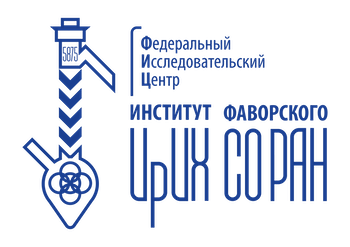Опубликована статья: Zezin A.A., Danelyan G.V., Emel'yanov A.I., Zharikov A.A., Prozorova G.F., Zezina E.A., Korzhova S.A., Fadeeva T.V., Abramchuk S.S., Shmakova N.A., Pozdnyakov A.S. Synthesis of antibacterial polymer metal hybrids in irradiated poly-1-vinyl-1,2,4-triazole complexes with silver ions: pH tuning of nanoparticle sizes // Applied Organometallic Chemistry. – 2022. – V. 36. – Iss. 4. – P. e6581 (1-11). IF 4,105. Q1 01.04.2022. DOI: 10.1002/aoc.6581
Abstract: Poly-1-vinyl-1,2,4-triazole (PVT)-based materials with silver nanoparticles are promising antibacterial products. The metal nanoparticles with controllable sizes were obtained by radiation-induced reduction of the dispersions of complexes of PVT with silver ions. Formation of the silver nanoparticles in aqueous suspensions irradiated at pH 6.0, 2.5, and 2.0 was studied using methods of UV–VIS spectroscopy and transmission electron microscopy. UV–VIS spectroscopy has detected a change in the efficiency of interaction between protonated or non-protonated PVT units and the surface of silver nanoparticles. The interaction of macromolecules with the metal surface under different degrees of protonation of PVT functional groups afforded the nanoparticles with a narrow size distribution and an average size from 3 to 10 nm. An increase in the acidity also leads to a decrease in the ratio of the generation/growth of nanoparticles. The radiation approaches both provide the synthesis of the nanoparticles of controlled sizes and permits to obtain the nanocomposites containing no impurities of chemical reducing agents. The nanocomposites obtained exhibit high antibacterial activity against various bacterial strains, which depends on the size of silver nanoparticles.
Поздравляем авторов статьи и желаем дальнейших успехов!
Пресс-центр ИрИХ СО РАН














